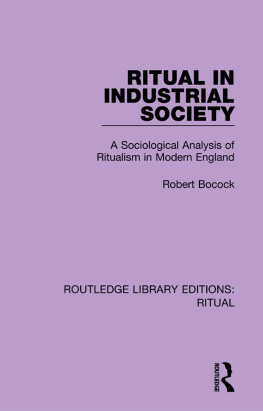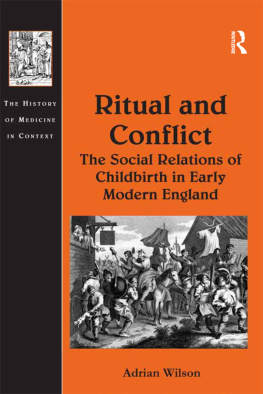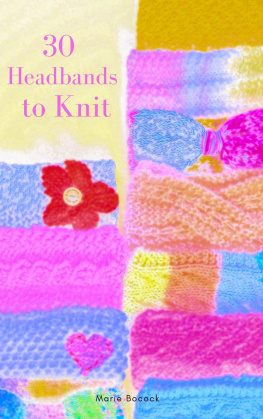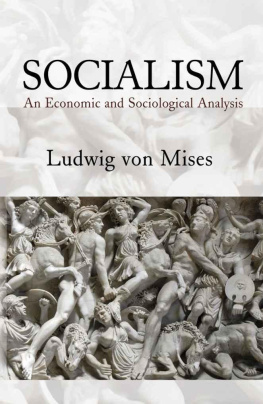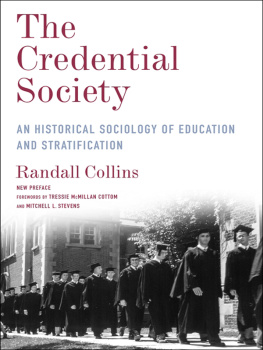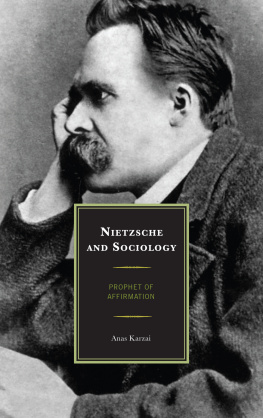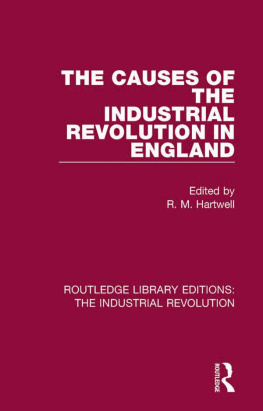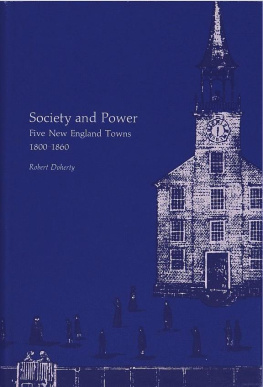First published in 1974 by George Allen & Unwin Ltd
This edition first published in 2020
by Routledge
2 Park Square, Milton Park, Abingdon, Oxon OX14 4RN
and by Routledge
52 Vanderbilt Avenue, New York, NY 10017
Routledge is an imprint of the Taylor & Francis Group, an informa business
1974 George Allen & Unwin Ltd
All rights reserved. No part of this book may be reprinted or reproduced or utilised in any form or by any electronic, mechanical, or other means, now known or hereafter invented, including photocopying and recording, or in any information storage or retrieval system, without permission in writing from the publishers.
Trademark notice: Product or corporate names may be trademarks or registered trademarks, and are used only for identiication and explanation without intent to infringe.
British Library Cataloguing in Publication Data
A catalogue record for this book is available from the British Library
ISBN: 978-0-367-43594-3 (Set)
ISBN: 978-1-00-300665-7 (Set) (ebk)
ISBN: 978-0-367-43610-0 (Volume 1) (hbk)
ISBN: 978-1-00-300461-5 (Volume 1) (ebk)
Publishers Note
The publisher has gone to great lengths to ensure the quality of this reprint but points out that some imperfections in the original copies may be apparent.
Disclaimer
The publisher has made every effort to trace copyright holders and would welcome correspondence from those they have been unable to trace.
Preface for 2019
There have been many discussions about the concept of ritual since this book was written in the early 1970s. The focus in this book was on rituals in England in the post-World War II period. Given this focus the four analytical types of ritual action namely religious, civic, life-cycle and aesthetic were delineated for this specific context. Any empirical example of ritual action may have elements of more than one of these analytical types in it. For example, a soccer match may contain elements of both civic and aesthetic ritual analytical types. Soccer players perform physical movements that can be appreciated as almost balletic. A religious ritual may contain an element of aesthetic as well as religious ritual. A concert performance of a Mass may be primarily aesthetic to the audience without the religious ritual element being present.
Ritual actions involve bodily movements, including, for instance, oral actions from singing, shouting or speaking. These actions are set apart from utilitarian actions, which are needed to maintain the economy of a country, or a community, or a household or other organisation.
There have been many discussions about the best ways to describe societies such as those of France, Germany, the United States, Canada, Australia and New Zealand, and England, Scotland, Wales, Northern Ireland and Ireland. Since the 1970s there has been much debate about the concept of post-modernity, and whether these societies are no longer best-described as being industrial or even modern. Are they better described as being post-industrial , or post-modern, for example, as most people no longer work in industries manufacturing material goods? The term industrial society was used in this book as a way of delineating this kind of society from those of non-industrial, mainly rural-agricultural societies or hunter-gatherer groups. Many people work in the service sector in the twenty-irst century rather than in industrial production of material goods, so the notion of post-industrial society might be seen as more appropriate to describe these social formations.
The notion of industrial society may be less appropriate in the early twenty-first century than it was previously. Nevertheless, it still makes the important distinction between those social formations which were pre-industrial, researched by social anthropologists, and those transformed by industrialisation and the growth of a large service sector. Rituals were seen as important in describing the lives of people living in pre-industrial social formations but of less significance in urban, industrial modern societies. The ideas of rational, scientific progress, derived from the Enlightenment philosophers, led to the side-lining of religions and rituals by many sociologists in their analyses of modern societies. This assumption was challenged in this text which aimed to show that ritual actions, in a great variety of forms, were important for many groups in modern social formations.
Furthermore, since this book was written, the ideas surrounding the concept of multiculturalism have been used to capture the changes brought about by significant immigration into countries such as England in the twenty-first century. The sub-cultures of Islam, of Rastafarian-ism, Hinduism, Buddhism, and of Chinese and Japanese people have all contributed to a more diverse society than that of the England in the early 1970s that was the main concern in the book.
Nevertheless, there are continuities within English culture that are not completely displaced. The monarchy was supported by 69% of Britons in a YouGov opinion poll carried out in May 2018, just before the marriage of Prince Harry and Meghan Markle. People in Scotland were less supportive of the monarchy than people in England, with 36% of those interviewed in Scotland being opposed to the monarchy. However, the Monarch remains Head of State and Head of the Churches of England and Scotland. The royal rituals remain of significant interest to many in these countries, even if not to many journalists and intellectuals. These royal rituals include the major life-cycle events of members of the royal family, the State Opening of Parliament, and royal visits to towns, cities and organisations of all types from hospitals to factories as well as to the armed forces. The Church of England still has a signiicant role in national rituals such as Remembrance Day at the Cenotaph, as well as more local, family rituals. There are still many marriages in church, and funerals and baptisms too. But alternative rituals for major life-cycle events, not religious in any way, have developed in the twenty-irst century.
England, however, is not a completely secular society. For example, although fewer people attend churches on an ordinary Sunday (722,000 on 14 November 2018), attendance at Christmas services was 2.68 million in 2017, a slight increase when compared to the 2.6 million in 2016. The number attending a C of E service (not necessarily on a Sunday) was 1.14 million in 2017. More than half of the population said they had no religion, according to the British Social Attitudes survey of 2018. Many without religious beliefs of an explicit kind will nevertheless attend rituals of major festivals in their community, because of being caught up in familial or community group life. Ritual actions are not always accompanied by beliefs of any kind, whether religious or secular. Rather, they are part and parcel of belonging to a collectivity a family, kinship network, sports group, working group, or ethnic/religious community. Rituals do help, however, to maintain religious organisations, whatever might be the beliefs of the participants at any given point in time.
The British monarch is not just Head of the Church. As Head of State, the monarch also retains the title of Commander-in-Chief of the Army, the Royal Navy and the Royal Air Force. The Prime Minister and Secretary of State for Defence, however, are responsible for decisions about the use of the British armed forces in warfare and peacekeeping situations around the world. The ritual of Trooping the Colour involves the flag of a regiment in the army being carried by a member of that regiment, who is on horseback, as the colour (the flag) is passed by the troops and the monarch assembled on Horse Guards Parade in London. The ritual takes place on the monarchs official birthday and has been performed for over 260 years; it involves around 1,400 parading soldiers, 200 horses and 400 musicians. The monarch rides back to Buckingham Palace in a carriage and appears on the balcony of the palace to watch a lypast by the Royal Air Force. Crowds stand to watch as the procession moves down The Mall towards Buckingham Palace. This ritual was not part of , Nationalism and Civic Ritual; perhaps it should have been, as it remains a key part of the monarchs public ritual appearances.

